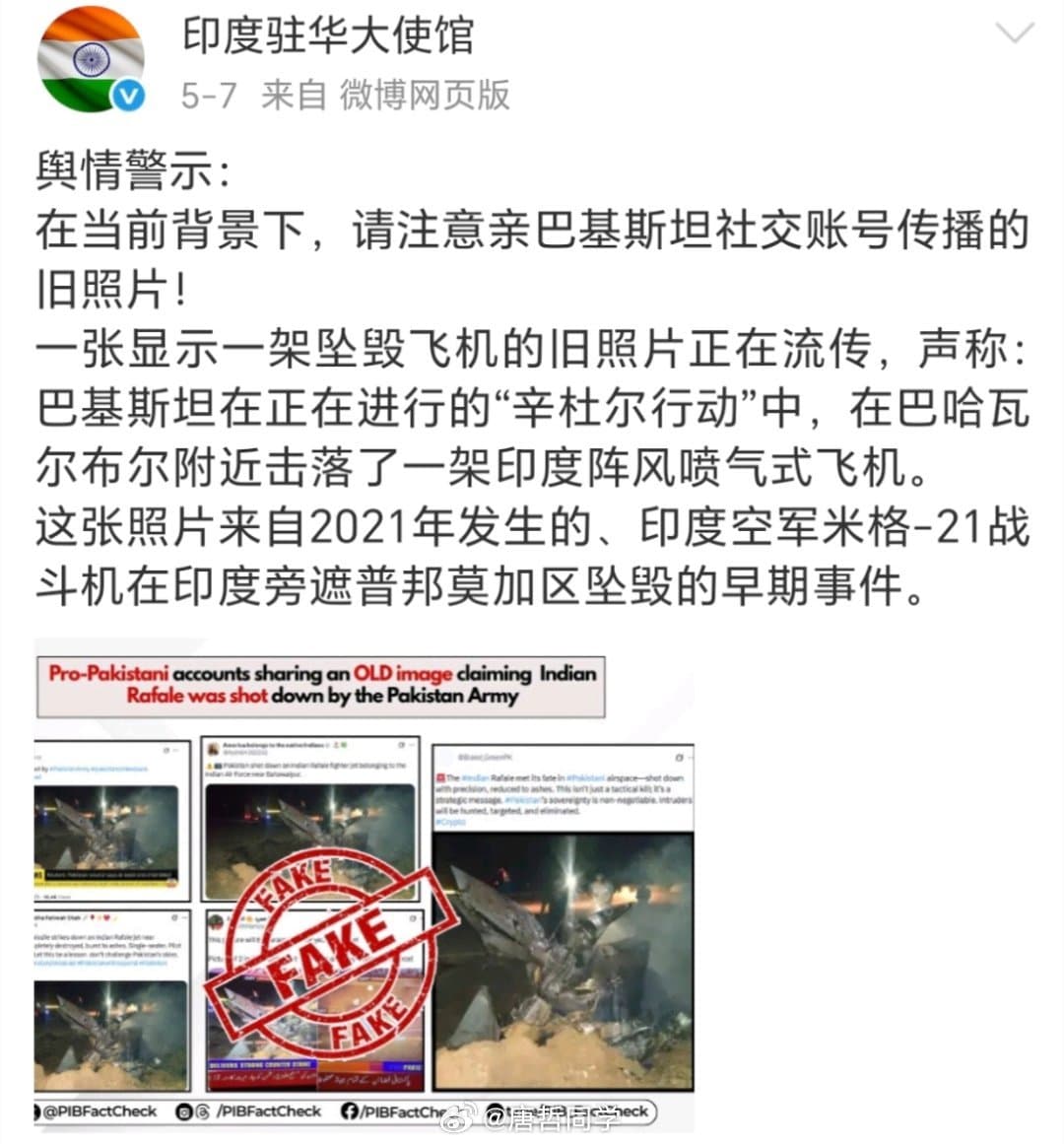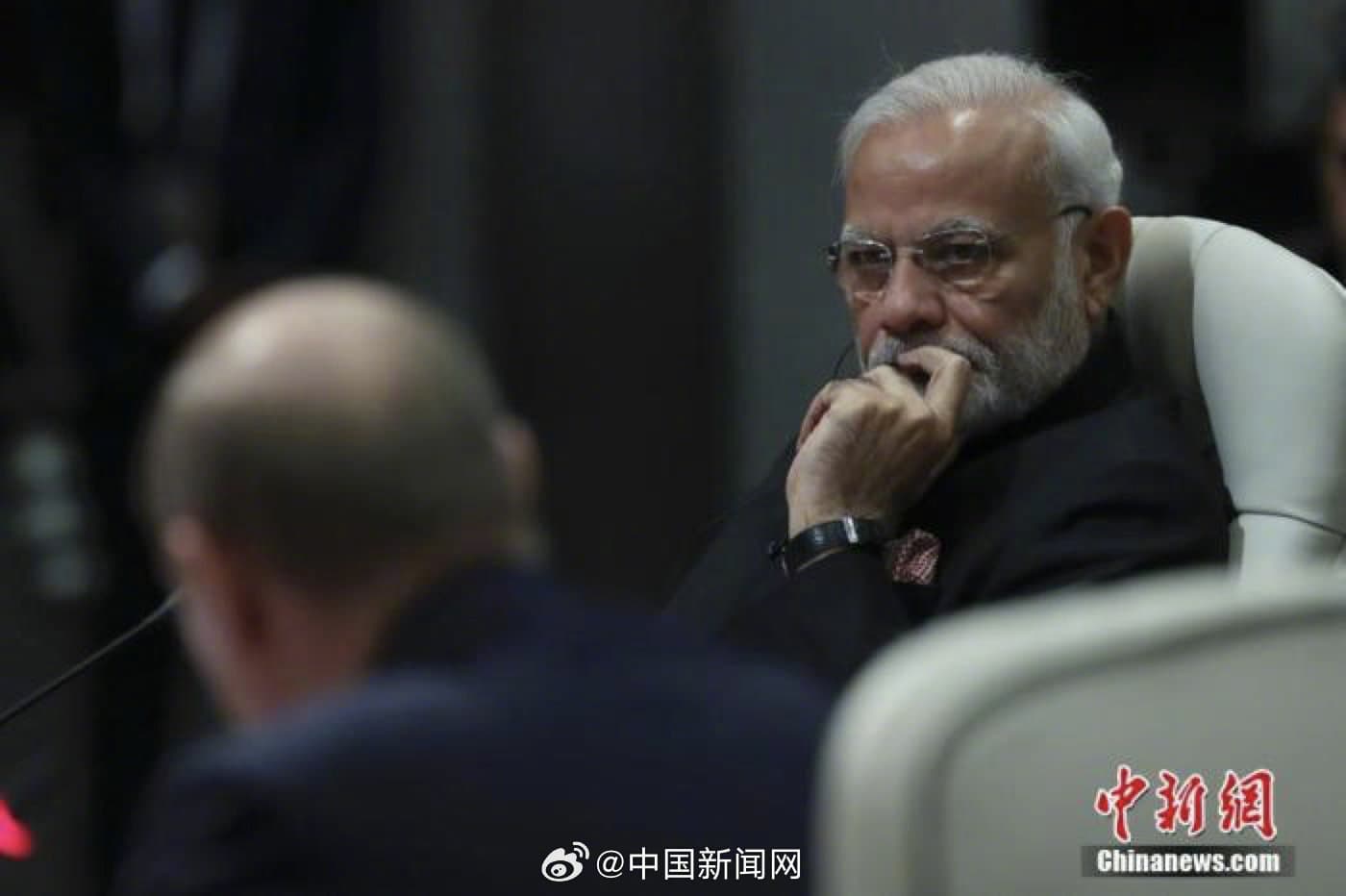US Tariff Tensions: 145% Duties Take Hold, Sparking Economic Uncertainty
The arrival of the first batch of cargo ships with goods subject to a 145% tariff in the United States has been met with an eerie silence at the Port of Los Angeles, one of the busiest ports in the country. The dockworkers are facing the risk of unemployment, and the decrease in imports will inevitably lead to a shortage of goods and rising prices. This situation is a stark illustration of the impact of the ongoing trade tensions between the US and other countries, including China.

9 May 2025
As the tariffs take effect, many US companies are reevaluating their import strategies, with some opting to use bonded warehouses to temporarily store their goods and avoid paying tariffs. This tactic allows them to delay payment of tariffs until the goods are released from the warehouses, which can be up to five years later. The demand for these warehouses has surged, with many companies betting that tariffs will decrease in the medium term. However, not all businesses are taking a wait-and-see approach, as some have already begun to feel the pinch of the tariffs, with many canceling manufacturing orders and exports plummeting.
The trade tensions are having a profound impact on American businesses and consumers. According to recent reports, the cost of goods has increased by 2.5 times compared to last month, with some retailers and importers already feeling the pinch. The decrease in imports is expected to lead to a shortage of goods, resulting in higher prices for consumers. The lack of activity at US ports is a stark indication of the declining economic vitality in the country. A coffee shop owner near the Los Angeles port reported that 80% of her customers are port workers, and with the decline in port activities, her business has slowed down significantly.
The trade tensions have also led to a decrease in exports from US ports, with some ports experiencing a decline of up to 50% in export volumes. This decline is expected to have a ripple effect on the entire economy, leading to higher prices and reduced economic activity. The European Union has also threatened to impose retaliatory measures on US goods if the trade talks do not yield a favorable outcome. The EU has already imposed tariffs on some US goods and is considering further measures, including tariffs on US pharmaceuticals, semiconductors, and other products.
The imposition of 145% tariffs on Chinese goods has the potential to significantly impact the US economy, potentially leading to a decrease in the US GDP growth rate to 0.5%, accompanied by an increase in inflation of 2.3%. American consumers are poised to bear the brunt of these tariffs, facing not only higher prices for goods but also potential shortages. The impact is particularly severe for low-income families, who may have to allocate a larger portion of their income towards necessities. In contrast, wealthier individuals are likely to be less affected.

The historical precedent of the Smoot-Hawley Tariff Act of 1930, which exacerbated the Great Depression, serves as a cautionary tale regarding the potential consequences of protectionist trade policies. Today, American think tanks are warning about the detrimental effects of these tariffs on the economy, emphasizing the need for a reassessment of the current trade strategy to avoid compounding economic difficulties. As the situation unfolds, it remains to be seen whether the pursuit of "political capital" through trade policies will ultimately be deemed worth the cost to American households and the broader economy.
The ongoing trade tensions are likely to have far-reaching implications for the global economy, potentially destabilizing economic growth and development. Experts warn that the tariffs imposed on imported goods will ultimately be borne by American consumers, who will face higher prices and reduced availability of goods. The 145% tariffs on certain products will lead to a significant increase in costs, which will be passed on to consumers. This could have a ripple effect on the economy, leading to higher inflation and reduced consumer spending. The US needs to take a more nuanced approach to trade policy, one that balances the need to protect American industries with the need to maintain open and fair trade relationships with other countries. Only by working together can we hope to mitigate the negative effects of the tariffs and promote a more stable and prosperous global economy.
Comments



Share this article
Related Articles

Duo Xia's Birthday Post Sparks Debate Amid Divorce Rumors
By Trending on Weibo
News & Politics
9 May 2025

China Unveils Anti-Drone 'Ace' Weapon, Boosts Pakistan's Air Defense Capabilities
By Trending on Weibo
News & Politics
9 May 2025

Russia Marks 80th Anniversary of Soviet Victory in Great Patriotic War with Grand Military Parade
By Trending on Weibo
News & Politics
9 May 2025

Spy Games Reborn: Noon Sun's Latest Espionage Drama 'Intelligence Uncovered'
By Trending on Weibo
News & Politics
9 May 2025

Beyond Moscow: A Broader World View
By Trending on Weibo
News & Politics
9 May 2025
